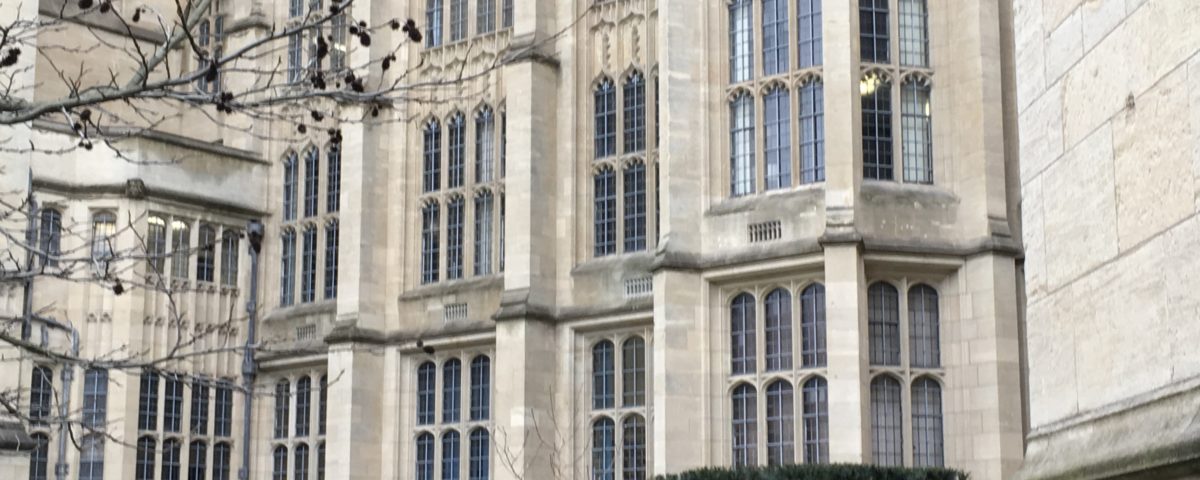Studying in the United Kingdom: What’s the Difference?

Just back from the 2018 British Council UK University Tour where I visited eight universities in the southwest and two in and around London. Studying in England and Wales is not the same as studying in the United States. Here are my overall takeaways:
- The UK universities are experientially oriented for students from day one and the education experience often culminates in a senior research project. Research in particular is very much emphasized throughout the UK experience.
- An undergraduate degree is typically three years, although a number of universities include a middle year for internships and work experiences. Students can obtain a Master’s Degree in one year, making it possible to complete a BA or BSc and a Master’s in only four years.
- Because of the foregoing, studying in the UK is more affordable than studying in the United States. Student panelists at a program in London all indicated that an important factor in their decisions to study in the UK was price.
- A student must be focused, however, as he or she applies into a particular major, called a course. A student cannot be undecided. There is evidence that this approach is changing in some universities. At the University of Exeter, for example, students may study the natural sciences, rather than a particular science; or the liberal arts, rather than a particular discipline within the liberal arts; or the flexible combined honors program (FCH) which allows students to creatively create their own programs of study.
- The application process differs from the United States, although there is a general application for many schools, referred to as UCAS. The UCAS personal statement is an explanation of why the student wants to study the particular course into which he is applying.
- Therefore, a UK education is suitable for a student who is independent and focused, seeking a hands-on education, and also is price conscious.

